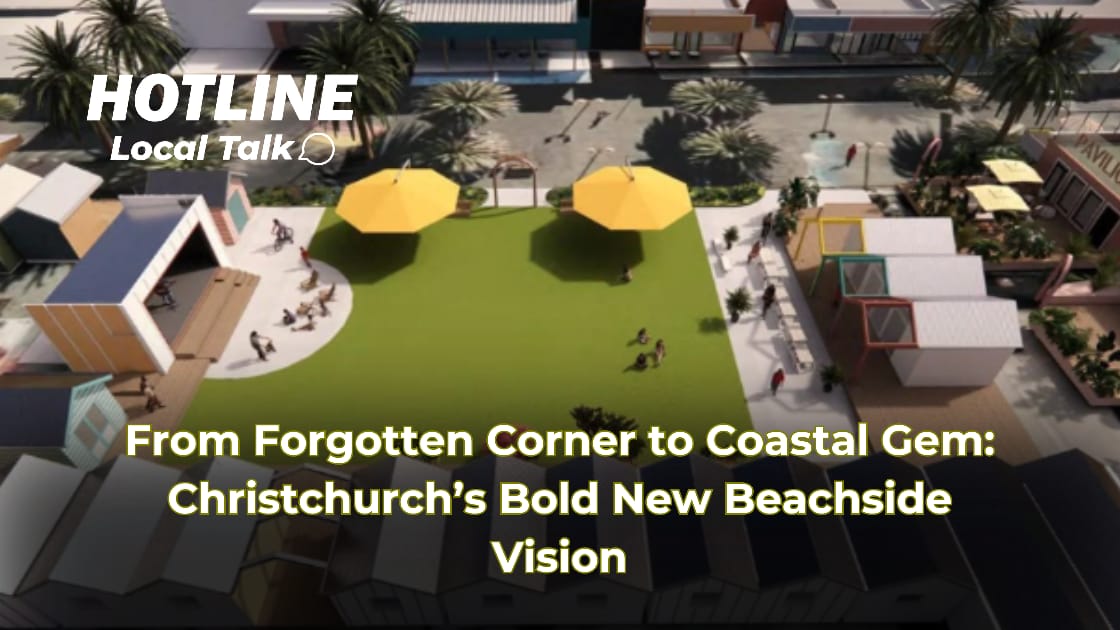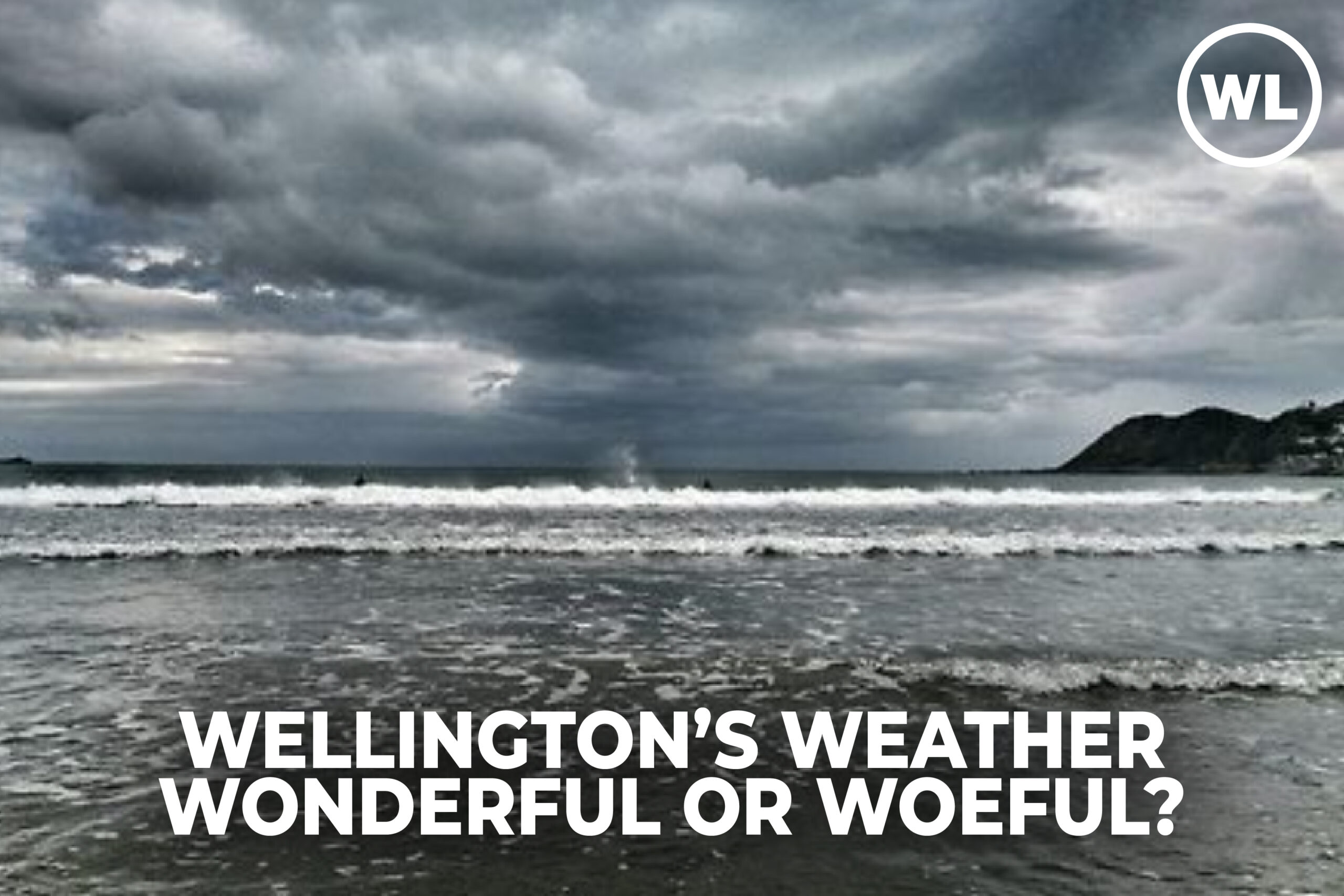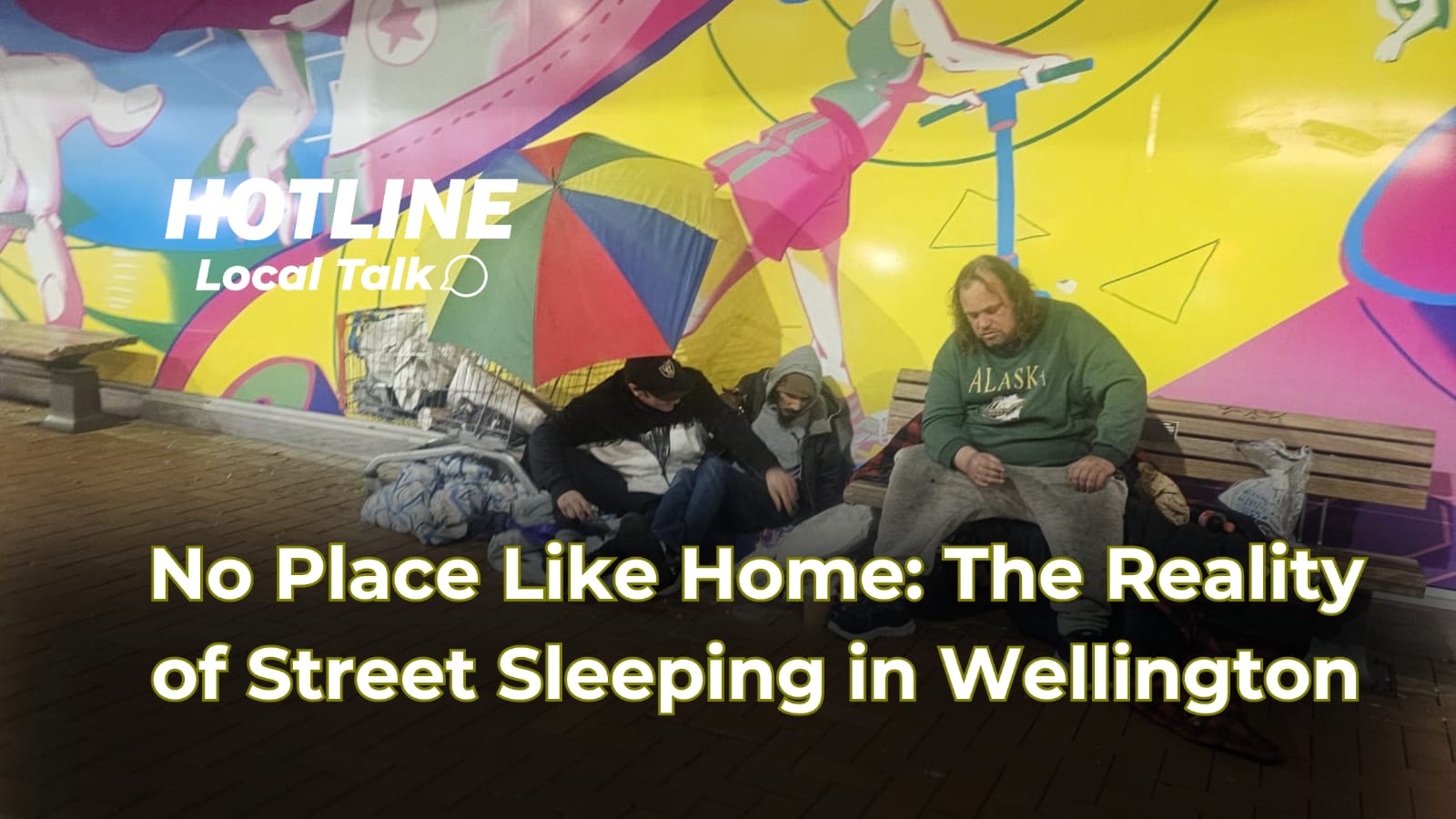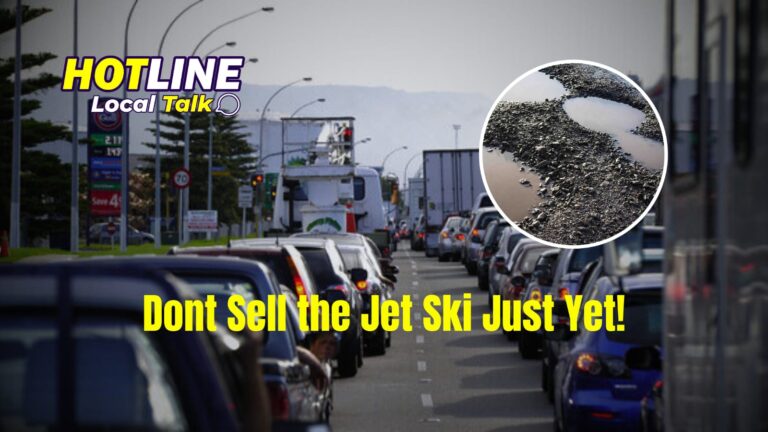Wellington, take note of Tauranga’s experience after six years under Labour’s leadership – Anne Tolly and co. What began with hopes for progress ended in frustration—unfinished roads, potholes everywhere, poor town planning decisions, millions siphoned away in fees, and a waterfront in disarray. Traffic chaos has become a daily reality. Tauranga eventually found a good mayor, but it took six long years to see any improvement.
For Wellington, the looming prospect of appointing a commissioner may sound like a solution, but it could have disastrous consequences. It won’t fix the fact that over 12,000 students fled to Christchurch or that Wellington is lagging 6% behind the Hutt in building consents. National, with their rocky past in Wellington, has little incentive to invest in a city where they gain so few votes. The appointment of a commissioner is seen by many as a political move to weaken the Greens, particularly figures like Julie Anne Genter, Paul Fitzsimons, and Sarah Free.
The Reality for Wellingtonians
While those in power push forward with their plans, it’s the residents of Wellington who face the brunt of poor decisions. The people in charge aren’t impacted by the daily challenges of the city’s inhabitants. They are more concerned with holding onto power and implementing their long-term strategies, regardless of the immediate effects on the community.
The plans being rolled out have their merits, but the future looks shaky. Let’s Get Wellington Moving (LGWM) is fading away, while National MP Chris Bishop focuses on road infrastructure. Building consents are being addressed, but it’s clear that Tory Whanau is facing immense pressure to cut $600 million from the budget—an enormous task. Cycleways might not expand any further, but there is still potential to optimize the existing network.
Meanwhile, Wellington’s core issue—bringing people back into the city—remains unresolved. Public sector job cuts are also concerning. Labour added 17,000 public servants, but with 7,000 already gone and $250 million wiped from the economy annually, the consequences are rippling through the city.
Will a Commissioner Help, or Hurt?
A commissioner might pull the brakes on Wellington’s progress, leading to a deeper economic downturn. What the city needs is proactive leadership, not political manoeuvring. Figures like Sir Peter Jackson or James Roberts could be key in driving change. Imagine rolling out the red carpet for Sir Peter, offering him the power to shape Wellington’s future. A swift and decisive strategy could turn things around, and the city could benefit from his vision.
Wellington’s Potential
Despite its challenges, Wellington has a lot going for it. Major projects are underway, including the Amora Hotel redevelopment and the Thorndon precinct. Te Aro is now New Zealand’s fastest-growing suburb, and insurance rates are dropping—one building’s insurance fell by 42%. The engineering issues affecting hundreds of buildings are starting to be addressed, which will unlock further growth.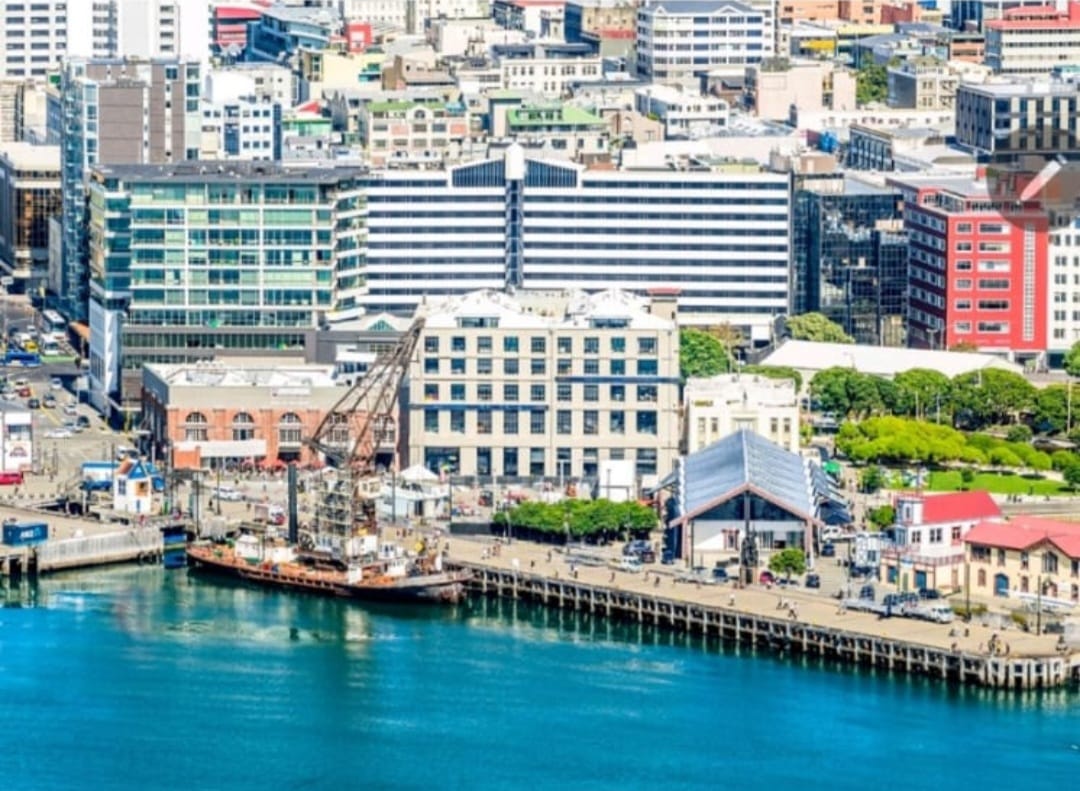
There is hope for a better future. If Wellingtonians can weather the storm and avoid hasty political interventions, 2026 could bring improvements, with inflation under control and interest rates potentially dropping below 4% by 2027.
Conclusion: Keep Hope Alive
Wellington is facing tough times, but it’s important to keep a steady course. Rash decisions, like appointing a commissioner, could push the city into a deeper depression. Stay patient—better days are ahead. As for that jet ski, maybe hold off on selling it just yet. Wellington’s future still holds promise.
TRUTH SEEKER
Instantly run a Quiz with friends... about the article. Interact more & analise the story. Dig in, catch out biased opinions, and "fact check" with TRUTH SEEKER by ONENETWORK WELLINGTONLIVE 👋
Do you agree with the main argument of this article?
Total votes: 0
Which city's experience under Labour's leadership is highlighted in the article?
Bias Analysis
Fact Check Summary
Unclear, further data needed to confirm this claim.
Source: Article
True, as stated in the article.
Source: Article


